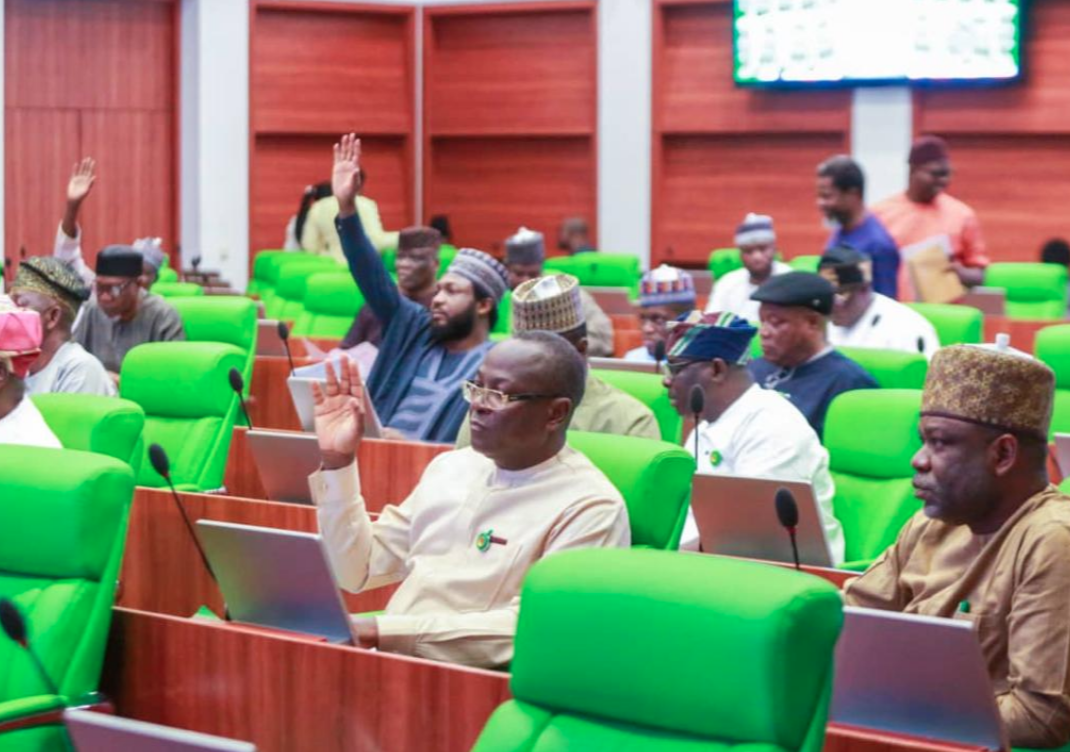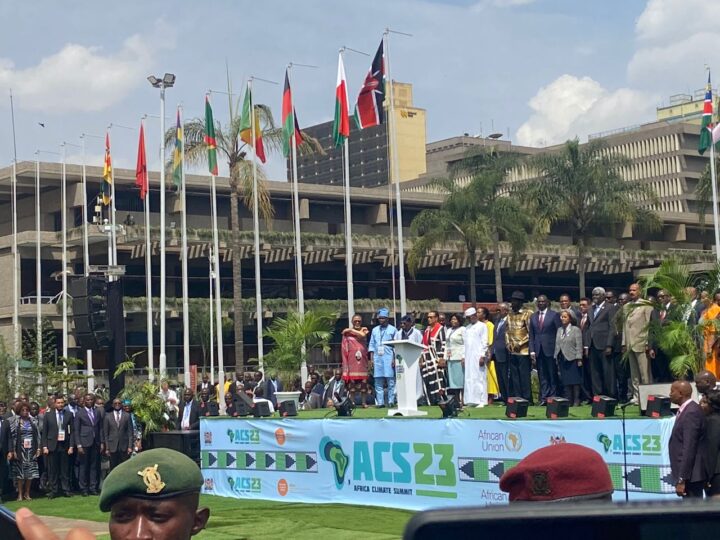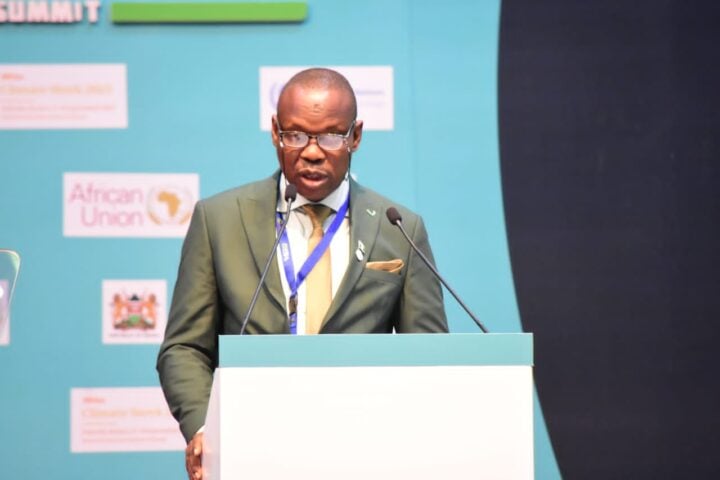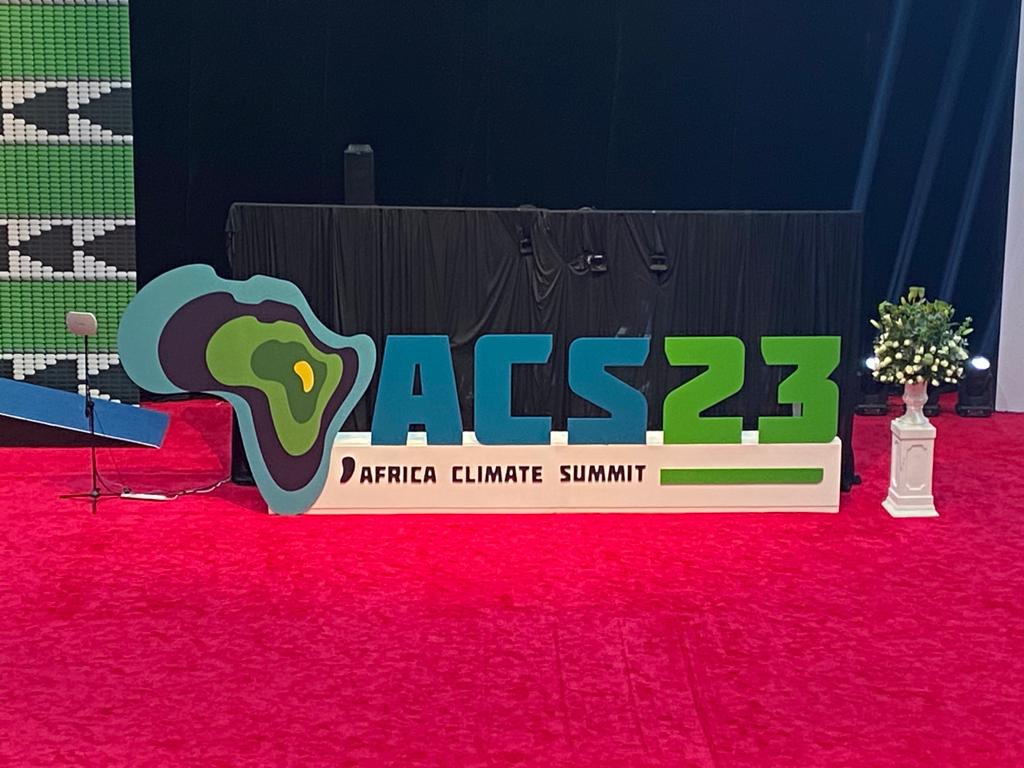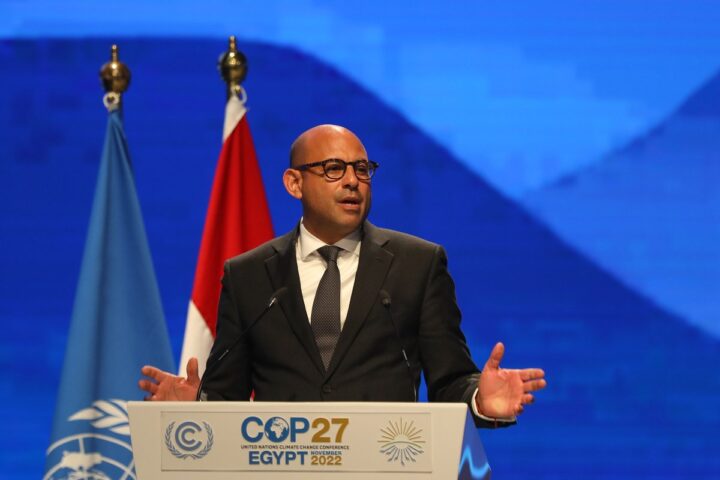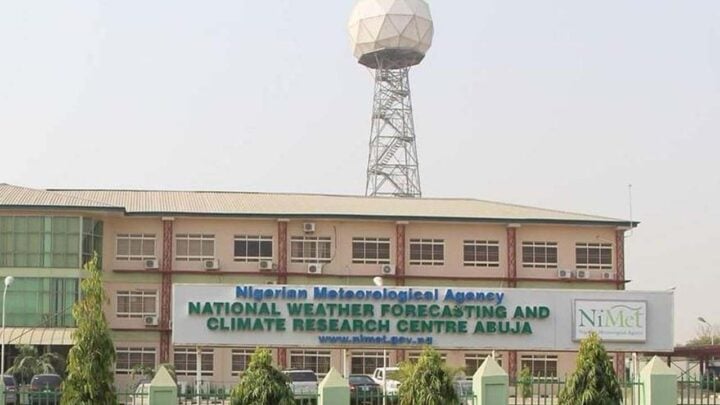Ahmed Munir, chairman house ad hoc committee on gas flaring, says the house of representatives is working on a legislation on gas flaring.
He said the regulation will ensure uniform metering on flaring for the benefit of companies and regulators in the industry.
Speaking during a hearing in Abuja recently, Munir said the aim is to ensure accurate penalties for gas flaring as part of measures to end the ruinous practice in the country.
He said one of the reasons for the hearing was to ensure synergy between the regulators and oil companies as both seem to be working in silos with regards to the volume of gas flared.
Advertisement
“The whole idea is to ensure that the gas industry, everybody in this business have meters so we can get the actual amount of gas flared and, where there is no meter, how can the gas tracker come in to effectively fill the gap?” he said.
“The whole idea here is therefore what legislation, what policy can we craft to ensure that it is not the players in the industry alone that bring out figures regarding the volume of gas flared?
“There should be checks and balances and that is the whole idea of this hearing. We will listen and collate information and we are going to act.”
Advertisement
Idris Musa, director-general the National Oil Spills Detection and Response Agency (NOSDRA), said the uniform metering is key as most operators come up with different meters which makes it difficult to ascertain the accurate volume of gas flared and the appropriate penalty.
“There should be a benchmark for the regulator to see and say this meter is right or wrong and this is what it should be,” Musa said.
“That is the grey area the committee should look at. It is not of Exxon Mobil alone but all oil companies have to show that evidence.”
Adesua Dozie, the vice chairman and general counsel of Exxon Mobil, said the company had put in place measures to prevent gas flaring, as hubs were in place through which gas would be sold to the Nigeria Liquefied Natural Gas (NLNG) Limited rather than being flared.
Advertisement
Dozie said a total of $145 million was paid as penalties for gas flaring in shallow water operations, while the sum of $124.2 had been paid for offshore operations.
Chile Ogala, the reservoir manager of Chevron, also told the committee that for the period under review –2010-2023 — the company had paid $72 million in penalties.
